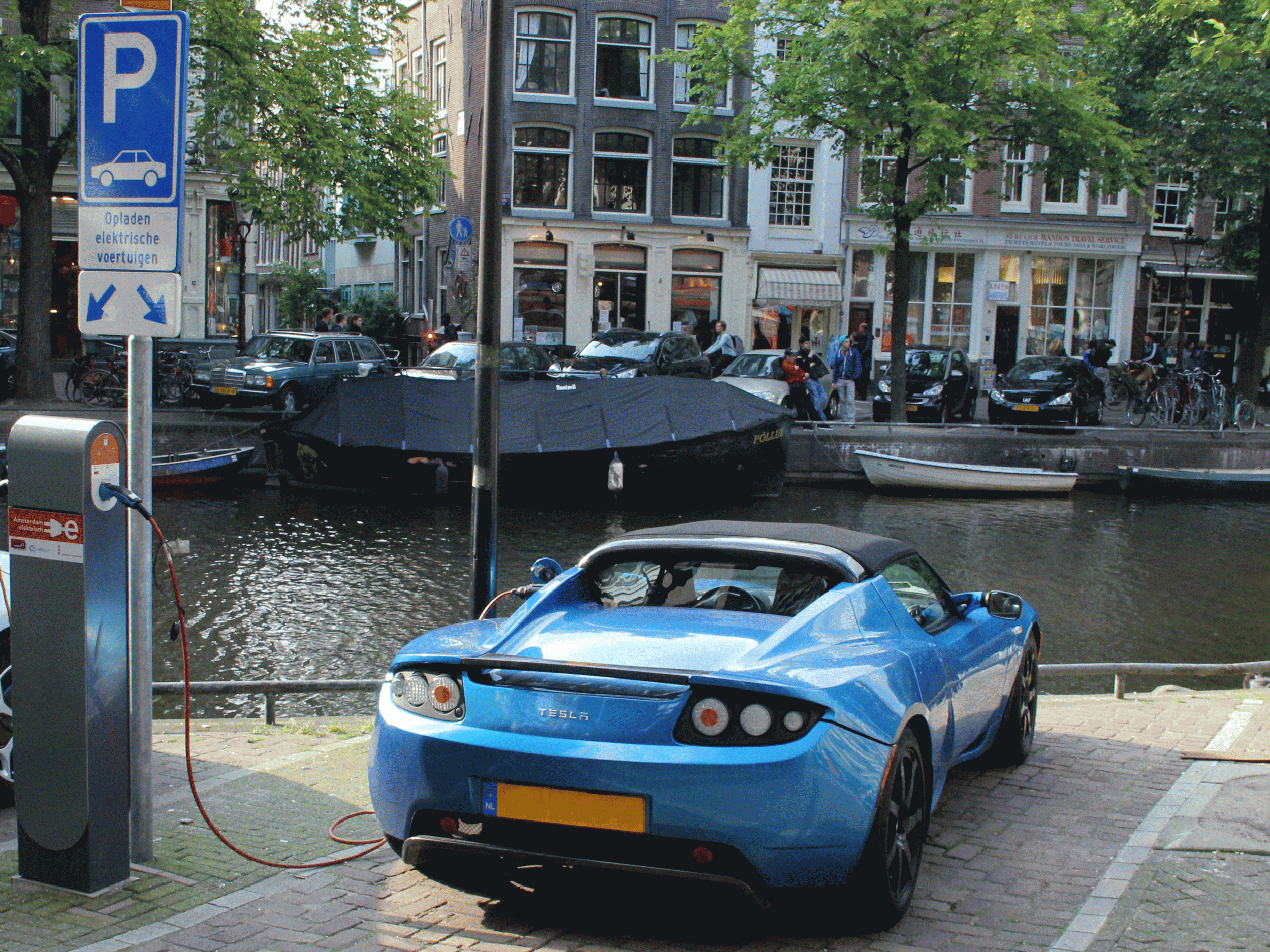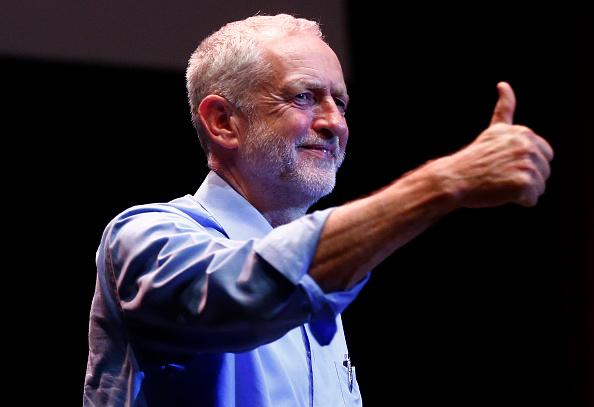Your support helps us to tell the story
From reproductive rights to climate change to Big Tech, The Independent is on the ground when the story is developing. Whether it's investigating the financials of Elon Musk's pro-Trump PAC or producing our latest documentary, 'The A Word', which shines a light on the American women fighting for reproductive rights, we know how important it is to parse out the facts from the messaging.
At such a critical moment in US history, we need reporters on the ground. Your donation allows us to keep sending journalists to speak to both sides of the story.
The Independent is trusted by Americans across the entire political spectrum. And unlike many other quality news outlets, we choose not to lock Americans out of our reporting and analysis with paywalls. We believe quality journalism should be available to everyone, paid for by those who can afford it.
Your support makes all the difference.Jeremy Corbyn’s Labour Party is considering radical plans to ban the sale of new petrol cars in the UK, The Independent can reveal.
The bold proposal would mean only zero- or low-carbon vehicles being sold after a set cut-off date, dramatically reducing air pollution and potentially saving thousands of lives.
The move would form part of a broader and revolutionary package of measures to transform Britain into a low-carbon nation.
Other ideas Mr Corbyn is exploring include smashing the dominance of the “big six” energy firms by allowing any individual who generates electricity to sell it to their neighbours.
There is also a proposal for a new system to turbo-charge the upgrading of British homes to make them more energy-efficient, saving people hundreds of pounds on energy bills.
The policies would help Mr Corbyn fulfil a pledge to create an energy policy “for the 60 million, not the big six” and make the UK a leader in green industries creating hundreds of thousands of jobs.
But they would also draw a clear dividing line with Theresa May’s Tories, for whom environmental policy has fallen down the agenda, and see Mr Corbyn try to harness the anti-establishment sentiment sweeping Western nations, but from a left-wing perspective.

Separate sources informed The Independent of the concepts Labour is exploring in its bid to steal a march on climate change policy, with the plan to eradicate the sale of petrol-fuelled cars the most eye-catching element.
Under one potential policy option, petrol and diesel car sales would be banned from a date 10 years after the policy is enacted – if it was implemented today, no new fossil fuel car sales would be allowed after 2026.
One party source said: “It’s got nothing to do with whether the technology is there now. It is there, and this is already happening elsewhere in the world. It is only the political will that is lacking in this country.”
Norway has already announced it wants to ban the sale of fossil fuel-based cars in the next decade, continuing its trend towards becoming one of the most ecologically progressive countries on the planet. The Dutch Labour Party wants to ban the sale of petrol and diesel cars by 2025.
Labour will explore moving the UK on to three potential zero- or low-carbon alternatives to petrol cars, including electric vehicles, those powered by hydrogen cell and those fuelled by methane from biodigestible waste.
A 2015 King’s College study said about 10,000 people die prematurely in London every year due to toxic air, caused in large part by burgeoning traffic on the city’s streets.
Another party source said: “Pushing through a change like this in the UK would represent a truly radical approach to delivering clean air.”
As part of his energy and environment policy, set out during his leadership campaign, Mr Corbyn promised to “let local communities take back control of their power” by promoting the growth of more than 200 “local energy companies” within the next Parliament and supporting the development of 1,000 community energy cooperatives.
Under current rules individuals who generate electricity can only sell it back into the grid, but Labour will consider a change to allow people to sell to each other, undoing the stranglehold corporate giants have on supply.
The move by Mr Corbyn would be an attempt to show how progressive parties can fight for the anti-establishment political space currently dominated by far-right parties in Europe and the US.
He recently told socialists in Europe that unless progressive parties pushed into the space, it would be filled by “the siren voices of the populist far right”.
With the launch of his energy and environment manifesto, Mr Corbyn also pledged to “drive the expansion of the green industries”, creating some 300,000 jobs along the way.
A key part could be a fast and expansive drive to increase the energy efficiency of UK homes.
Under one potential plan being discussed, landlords would be offered very low interest loans to undertake work to upgrade their properties to a much higher standard of energy efficiency.
However, the financial help would be on a tapered basis, decreasing until a cut-off date, three years from the start of the policy for example. After that point landlords would face a penalty for letting properties that did not meet the energy efficiency standard.
A party insider told The Independent: “At first you get support. A big carrot to carry out the work. But if you ignore it and leave it, the carrot gets smaller, and you know there is a stick waiting for you if you don’t get it done.”
The move could save hundreds of pounds on energy bills for low income families living in rented accommodation.
Mr Corbyn has pledged to put modern low-carbon industries at the heart of his party’s promised £500bn investment strategy for the country.
A Labour source said: “There is a real difference in the party now to how it was before. Under [Ed] Miliband you would never get the process past the Treasury team.
“John McDonnell is a big part of the reason we are seeing a radical shift. Under him the Treasury team won’t be the obstacle it was.”
A Labour spokesman said the moves are "not Labour policy". However, the direction of Mr Corbyn’s Labour, which has also promised to ban fracking, is distinctly different to the path on the environment taken by Ms May’s Conservatives.
One of her first acts as Prime Minister was to shut down the Department for Energy and Climate Change.
The UK has ratified the Paris Agreement on climate change under her leadership, but her party has been criticised for increasing taxes on solar power and pressing ahead with fracking for shale gas.

Join our commenting forum
Join thought-provoking conversations, follow other Independent readers and see their replies
Comments